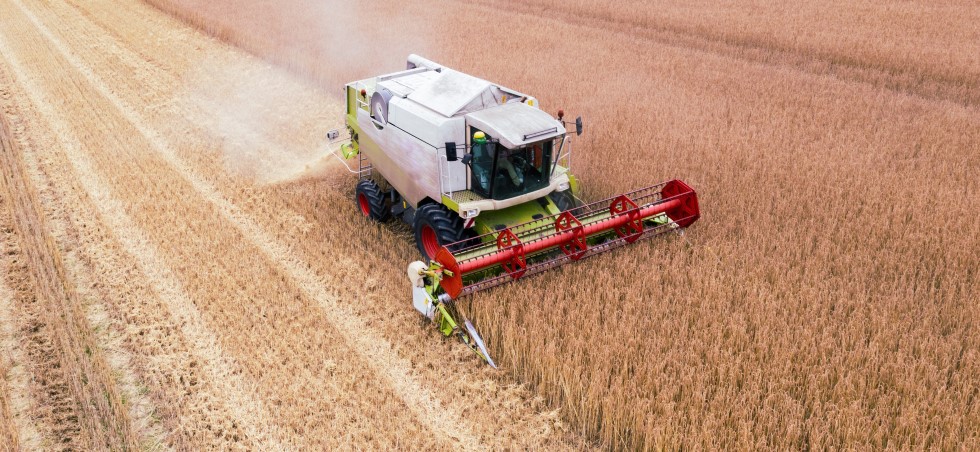The war in Ukraine will “severely set back” the global economic recovery with the UK hit harder than most, the International Monetary Fund (IMF) has said.
The conflict is driving up prices for food and fuel which the international body expects to slow growth globally.
It has cut its global forecast and also downgraded its outlook for the UK.
This means the UK will no longer be the fastest growing economy in the G7 group of leading Western nations, and will be the slowest in 2023, according to the IMF.
The 2023 UK figure is the slowest apart from heavily-sanctioned Russia in the wider G20 grouping, which includes nations such as China and India.
The low UK growth rates forecast in 2023 are in part due to the UK rebounding more quickly from the pandemic than some of its G7 peers.
However, the UK is also wrestling with high inflation, which will hit growth in 2023, as people cut spending as their real income shrinks, the IMF said. The organisation expects inflation to peak in late 2022 at 9%.
In addition, the IMF said Brexit will hold back export growth, and it will continue to make pandemic-related labour supply “scarring” worse by reducing immigration.
New bottlenecks emerging
The conflict has already devastated the economies of Ukraine and Russia, which the West cut off from key trade and financial networks with sanctions following the invasion.
But with Russia a major energy producer and key supplier of staples such as wheat and corn alongside Ukraine, the consequences will ripple far beyond their borders, the IMF warned.
According to the Fund, there have been two acute shocks to the world economy in quick succession – the pandemic and the Ukraine war.
The latter is building on the problems created by the former, tripping up what had been a healthy recovery, and sending prices rising at an even faster rate.
Food and energy prices were already being hiked by the supply bottlenecks after the pandemic, before one of the world’s biggest energy suppliers invaded one of the world’s biggest food exporters.
But now there are new bottlenecks emerging from the stringent Covid lockdowns in some regions of China.
Rising prices risk social stability in poorer countries, dependent on food imports.
A Treasury spokesperson said the IMF forecasts “will be concerning for many people and families” in the UK.
“However the support we provided over the past two years has put our economy in a good position to deal with these headwinds, including through record numbers of employees on payrolls and a strong economic recovery from the pandemic,” the spokesperson said.









